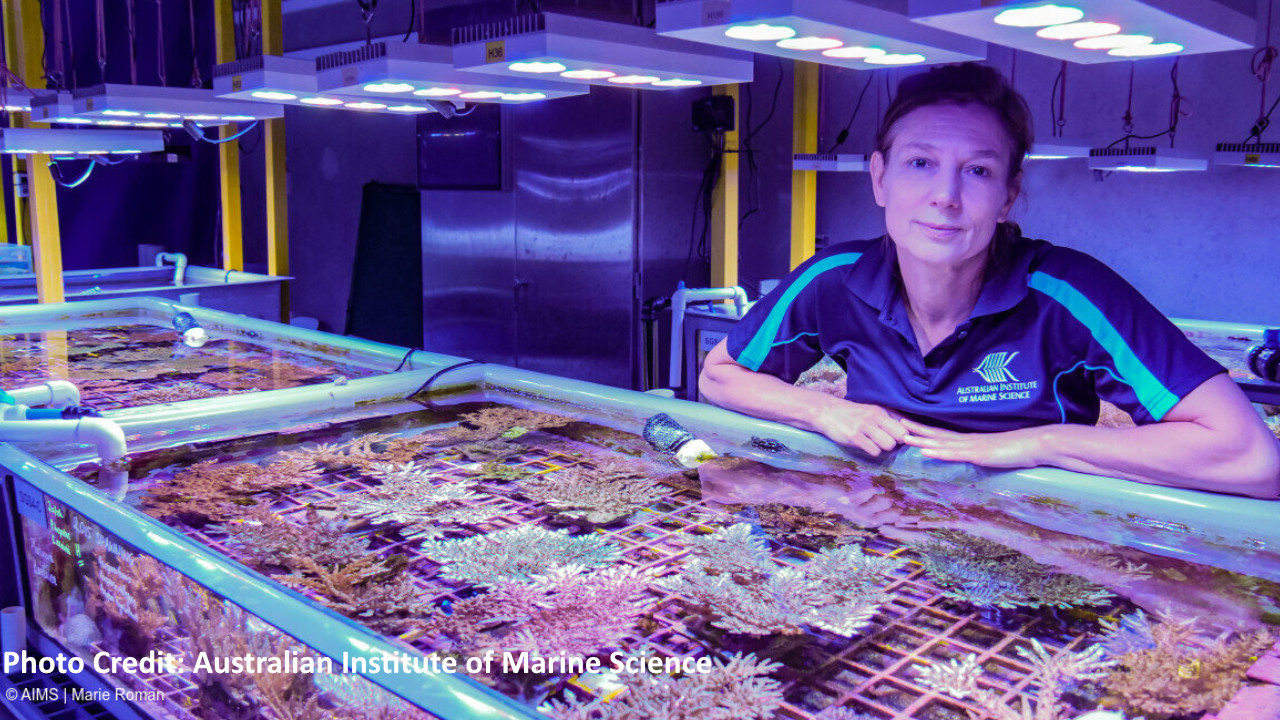Scientists devise approach for selecting coral species for reef restoration

The international team of scientists at the University of Melbourne have developed an approach to select coral species for research and restoration efforts to address the increasing threat of climate change on the world's coral reefs. Their findings, published in the Journal of Applied Ecology, aim to guide decisions in reef restoration programs globally, including Australia's Reef Restoration and Adaptation Program and the Australian Coral Reef Resilience Initiative.
With over 600 different coral species on the Great Barrier Reef alone, the scientists sought to determine which species would be the most critical to invest finite resources in researching, with the goal of maximizing coral reef survival in a warming world. They emphasize the importance of ensuring species diversity and ecosystem function in future coral reefs to maintain vital ecosystem services like coastal protection and fisheries.
The researchers combined databases of coral traits and ecological characteristics, such as resistance to thermal bleaching, to create a framework for selecting sets of species for restoration using a hedging approach, similar to investment portfolios. The selection process considers ecological characteristics to hedge against future species loss and trait diversity to hedge against the loss of specific ecosystem services, reef-building groups, life history categories, and evolutionary variety.
This approach offers a straightforward framework for restoration practitioners to select target species for their projects, taking into account spatial scale and available resources. By focusing on diverse species with various life history strategies, coral restoration programs can optimize their impact on reef resilience in the face of climate change. To learn more, read Australian Institute of Marine Science’s article on Phys.org https://phys.org/news/2023-07-scientists-approach-coral-species-reef.html